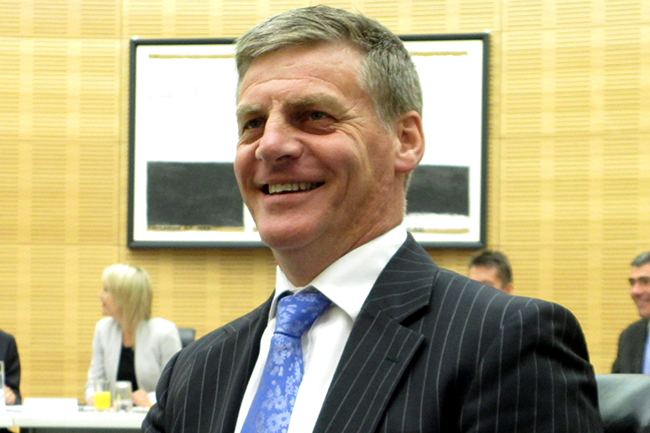Enough ducking of the issues! Bill English’s response to Oxfam’s report about rising wealth inequality was to point to a government report which suggests income inequality hasn’t got worse over the last ten years. In other words the Minister doesn’t want to talk about wealth, just about income.
New Zealand’s tax policies don’t attempt to rein-in wealth inequality even though it is well known that significant wealth inequality can destablise economies. With wealth disparity growing in New Zealand it is a relevant question to ask at what point is economic growth impaired, let alone whether New Zealanders are quite happy for polarization of wealth to extend unabated.
Not helping the widening wealth abyss is the fact that New Zealand’s tax policies are based on the out-of-date notion that the only income which should be taxed is that received directly as regular cash. The world has moved on from this. The assets used to hold wealth these days provide a whole lot of benefits for their owners, and they don’t have to produce cash to do it. In fact, the assets are often chosen specifically because they don’t produce regular cash and hence the effective income from them doesn’t get lost to the taxman.
Wealth is powerful – it gives you a buffer to navigate life’s rocks and opens up all manner of opportunities denied others. You can sell down your assets rather than getting on the slippery slope of debt. Importantly, owning assets like houses and complex financial instruments are a tried and true way to earn income that isn’t taxed. They produce in-kind benefits – the equivalent of rent, in the case of owner-occupied housing, and capital gains in other cases.
By avoiding tax on the non-cash ‘income’ produced by their investments, owners of capital benefit significantly. The solution is simple. Start including the non-cash benefits produced by wealth in individual tax returns. That means broadening the definition of taxable income. It is not rocket science. It means asking people about their wealth as well as their cash income. For example, do they own their own home, and if so how much equity do they have in it? We can then make a simple assumption about the rental equivalent of that and include that amount as taxable income. We already do something similar for employees whose bosses provide them with somewhere to live. The ‘deemed’ rental equivalent of the accommodation the boss provides has to be included as taxable income to the employee even though no money changes hands.
We can ask about the value of the financial investments people own. If the assets generate regular cash income, that is already included in taxable income – so no need to change that. But if the amount of cash generated is tiny compared to the value of the wealth we can make a reasonable assumption about the non-cash returns and tax that (the combined cash and non-cash returns will be at least as much as the return from risk-free government bonds). Gareth and I proposed this type of tax reform in the book The Big Kahuna published in 2011.
By failing to bring income tax policy into the 21st century the government is turning its back on something like $6 billion in tax revenues – and leaving it in the hands of the wealthy. Bringing these untaxed benefits into the tax net would allow a significant reduction in the tax collected from wage earners. Now that would start addressing inequality.
Why won’t Bill have that conversation?

